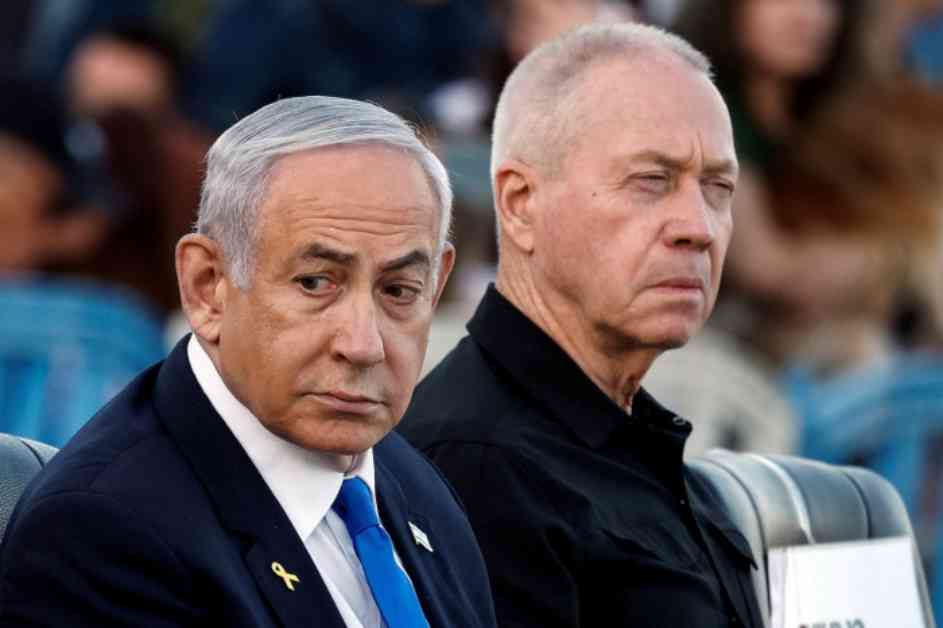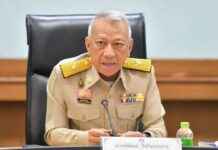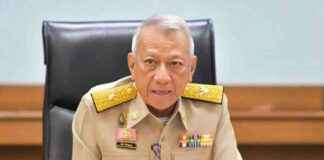Israeli Prime Minister Benjamin Netanyahu and his former defense minister Yoav Gallant, along with a top Hamas figure, Ibrahim Al-Masri, are facing arrest warrants from the International Criminal Court for alleged war crimes and crimes against humanity in connection to the Gaza conflict.
The ICC judges issued the warrants based on reasonable grounds to believe that Netanyahu and Gallant were responsible for acts such as murder, persecution, and using starvation as a weapon of war against the civilian population of Gaza. The court also listed charges of mass killings during attacks on Israel in 2023 against Al-Masri, including rape and hostage-taking.
Israel has rejected the jurisdiction of the ICC and denies committing war crimes in Gaza. The United States, a key supporter of Israel, is not a member of the ICC. The court relies on its member states to carry out arrests, and whether Netanyahu, Gallant, and Al-Masri are arrested depends on these states.
Netanyahu’s office condemned the ICC decision as anti-Semitic, and Israeli Foreign Minister Gideon Saar criticized the court for overstepping its authority. Hamas welcomed the warrants against the Israeli leaders and called for accountability for all Israeli leaders.
The EU’s foreign policy chief and Jordan’s foreign minister supported the ICC’s decision, emphasizing the need for justice in Gaza. The Netherlands expressed readiness to act upon the warrants, while in the United States, Senator Lindsey Graham called the court a dangerous joke and urged the US Senate to sanction it.
Israel’s military campaign in Gaza has resulted in the deaths of thousands of Palestinians and displacement of many more. The conflict began in response to a Hamas-led attack on Israel in 2023 that resulted in casualties and hostages.
The warrants issued by the ICC against Netanyahu, Gallant, and Al-Masri have sparked debates and reactions globally, highlighting the complexities of international justice and accountability in conflict zones. The calls for justice and respect for the court’s decision underscore the importance of addressing war crimes and humanitarian crises to prevent further violence and suffering in the region.




















